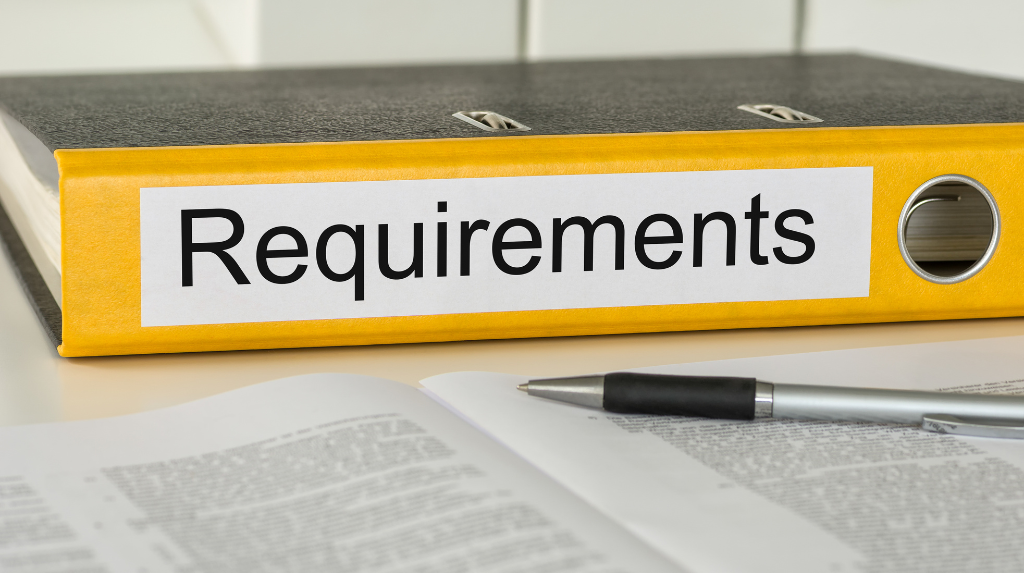Germany is a prime destination for international students and graduates seeking to enhance their skills and career prospects. Known for its strong educational and career development opportunities, the country offers options for academic studies, career training, and internships. Understanding visa regulations is essential for a smooth transition. This article outlines the requirements and application process for the German Training and Internship Visa, helping individuals prepare for a transformative career experience in Germany.
Navigating the Visa Landscape
The question of whether a visa is necessary hinges on the individual’s nationality and citizenship. A significant determinant lies in one’s country of origin:
- Member States of the European Union
- European Economic Area
- European Free Trade Area
Individuals from certain countries, including Canada, Japan, Israel, Australia, New Zealand, the United States, and Korea, are exempt from needing a German internship/training visa. However, they must apply for a Residence Permit at the Immigration Office within two weeks of arriving in Germany. Those not from these countries must obtain a visa to pursue internships or training programs in Germany.
Determining the Appropriate Visa Type
The type of visa you need for an internship or training program in Germany depends on the length of your stay. For programs lasting less than three months, a type C visa, also known as a Schengen visa, is required. For programs extending beyond three months, you must apply for a type D visa, also known as the German National Visa.
However, an important prerequisite precedes the visa application process.
Aspiring participants must secure acceptance into their chosen internship or training program. Unlike their counterparts from countries with visa-exempt status, individuals requiring a visa to enter Germany must initiate their quest for suitable programs from their home country. Fortunately, the advent of digital networking has simplified this process, allowing individuals to explore opportunities and forge connections via online platforms.
Navigating the Documentation Maze
The path to obtaining a German training/internship visa demands meticulous attention to documentation. German authorities exercise stringent standards in their evaluation, underscoring the need for comprehensive preparation. Before commencing the visa application process, it is imperative to ensure that all requisite documents are in order.
The documents required for a Germany training/internship visa encompass:
- Application Form: The application form serves as a crucial foundation. Precise completion is paramount, with the requirement to print and sign both copies.
- Passport Photographs: Submission of two identical passport-size photographs is mandatory.
- Valid National Passport: A passport not older than a decade, with at least one empty page, is a prerequisite.
- Previous Passports: If applicable, submission of previous passports, in addition to the current one, is essential.
- Marriage Certificate: When relevant, a marriage certificate should be provided.
- ZAV Consent Letter: A work permit issued by the Bundesagentur für Arbeit (Federal Employment Agency) is necessary. This permit, known as the ZAV consent letter, is imperative for work in Germany. Notably, internships facilitated by European Union programs like Erasmus, Socrates, and Leonardo are exceptions to this requirement.
- No-Objection/Deputation Letter: This letter serves as confirmation from the university or organization that the applicant is a student or employee.
- Letter of Approval: For applicants engaged in internships or training, a Letter of Approval from the German host company is essential. This document outlines the conditions of stay and financial compensation.
- Evidence of Qualification: Degree certificates, mark sheets, and diplomas substantiate an applicant’s qualifications.
- Health Insurance: Submission of a confirmation letter from a health insurance provider with a minimum coverage of €30,000 across the Schengen territory is mandatory. DR-WALTER’s EDUCARE24 plan is an affordable and reputable option that meets these requirements.
Additional Documents
- Proof of Financial Means: Applicants must demonstrate sufficient funds to sustain themselves. This can be achieved through bank statements, a blocked bank account in Germany, payment statements from the hosting company, or a letter of commitment from a sponsor.
- Proof of Contract and Income: Employed applicants should provide their employment contract and the income statement from the last three months.
- Proof of Ownership and Income: Self-employed individuals must substantiate ownership and income.
- Proof of Ticket Reservation: Depending on the chosen mode of transportation, proof of ticket reservation is required.
- Proof of Accommodation: Documentation supporting accommodation arrangements, such as hotel reservations, rental agreements, or invitation letters, is necessary.
- Curriculum Vitae (CV): An updated CV provides a comprehensive overview of the applicant’s background and experience.
- Visa Application Fee: Proof of payment of the visa application fee is essential.
Embarking on the Application Journey
Individuals aspiring to secure a German training/internship visa can follow these steps to navigate the application process:
Set an Appointment:
Contact the German embassy or consulate in your home country to schedule an appointment. In the absence of a German embassy, individuals can secure appointments at embassies or consulates in neighboring nations.
Apply Early:
Timeliness is crucial. Aim to initiate the application process at least three weeks in advance. Processing times can vary based on factors such as the applicant’s country of residence, the specific application center, and the current workload of the embassy.
Complete the Application Form:
Diligently fill out the application form, ensuring accuracy and precision. Print two copies of the form and sign each copy.
Pay the Application Fee:
The application fee for long-term visas is €75, while short-term visas entail a fee of €80. It’s important to note that this fee is non-refundable even if the visa application is rejected.
Review Necessary Documents:
Detailed information about required documents can be obtained from the German embassy’s official website. Additionally, more information can be acquired during the appointment-setting process.
Prepare for the Interview:
Adequate preparation is vital for the visa application interview. Online resources offer insights into common interview questions. By familiarizing oneself with these questions, applicants can enhance their readiness for the interview.
Unveiling the Processing Time
The processing time for a German training/internship visa is subject to variation. It hinges on factors such as the applicant’s country of residence and the specific application center. Additionally, the prevailing workload of the application center plays a role in determining processing duration.
The spectrum of processing time ranges from as short as two weeks to as long as one to two months. To mitigate potential delays, early application is strongly recommended. By applying well in advance, applicants can enhance their prospects of timely processing.
The Validity of the Training/Internship Visa
The validity of the Germany training/internship visa is closely aligned with the duration of the internship program. If the internship spans six months, the visa issued will be valid for the same duration. Notably, the maximum validity period for this visa category is 12 months.
Extending the Training/Internship Visa
For individuals seeking to extend their stay for reasons beyond the original scope of the internship, specific circumstances must justify the extension. If the host company expresses an interest in hiring the intern or trainee on a full-time basis, the applicant should return to their home country to apply for a work visa. Subsequently, the individual can re-enter Germany and engage in employment.
You must provide strong and convincing evidence to support your request for an extension, unless it’s for full-time employment. You need to demonstrate a compelling reason for the extension.
The Germany training and internship visa offers excellent opportunities for professional development. As a global hub for education and career growth, Germany provides valuable experiences for individuals from all backgrounds. By meeting the requirements and following the application process, aspiring participants can embark on a journey that boosts personal growth and enhances their fields. This visa invites you to explore Germany’s vibrant professional environment, where innovation, education, and growth converge.
How Law and Visas Can Help?
At Law and Visas, our team of expert immigration consultants is here to make your travel to Germany straightforward and successful. Whether you’re applying for a National Visa or a Schengen Visa, we handle every step—from preparing your application to gathering the required documents.
Our Immigration Consultants and Lawyers ensure that your application meets the highest standards, with no details missed. We’ll also keep you informed throughout the process and coordinate with the immigration office or embassy on your behalf.
Law and Visas have a strong record of helping clients secure the visas/permits they need to visit Germany. Call us today at +234 812 5505 986 to learn how we can assist you.





